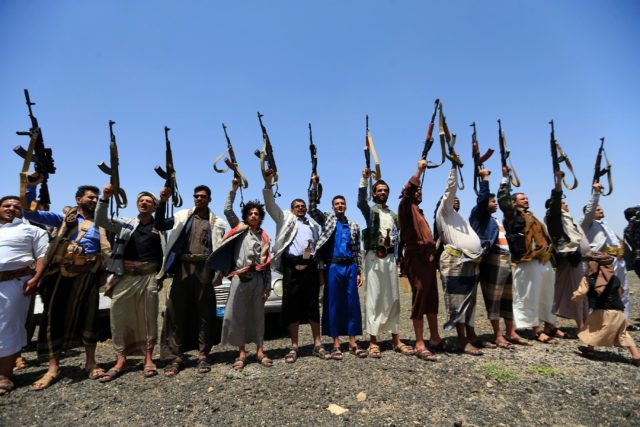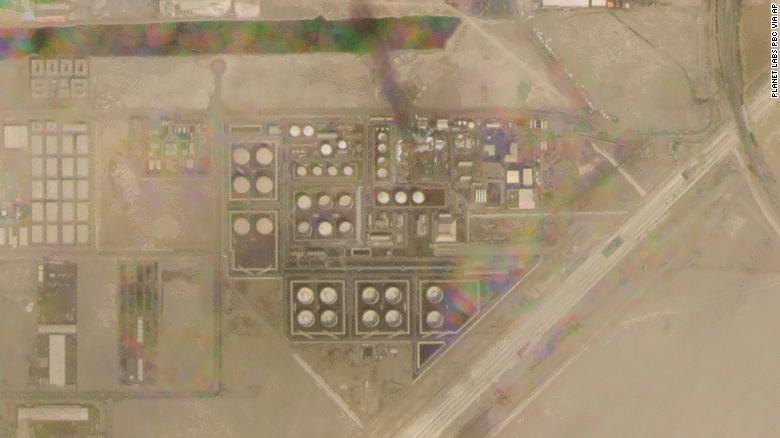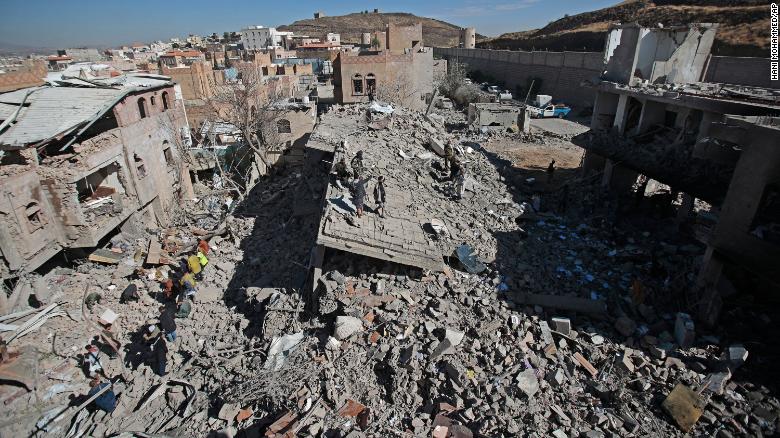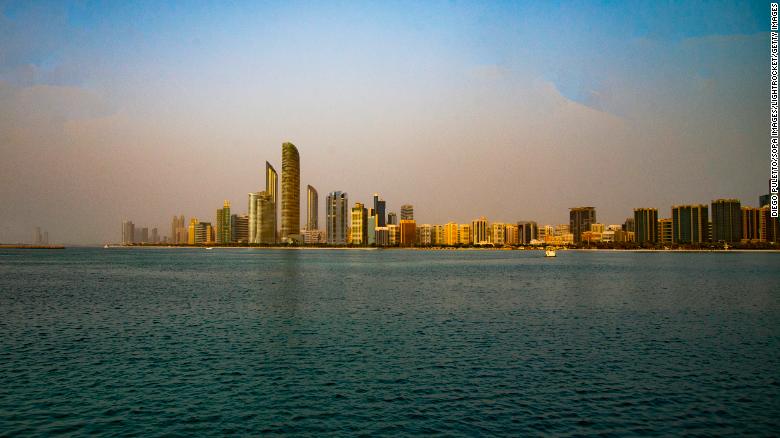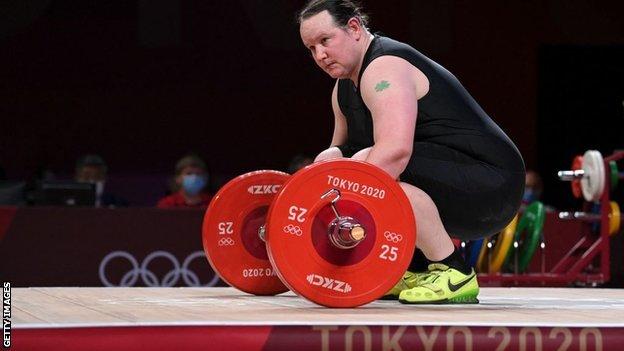
Sudanese demonstrators barricade a street in Khartoum Tuesday amid ongoing protests against a military coup (AFP/-)
Tue, January 18, 2022
Sudanese shuttered shops and barricaded streets with burning tyres and rocks Tuesday, staging angry rallies to protest against one of the bloodiest days since a coup derailed the country's democratic transition.
Security forces on Monday opened fire killing at least seven people as thousands marched against the army's October 25 takeover, taking the total number killed in a crackdown since the coup to 71, according to medics.
"No, no to military rule," protesters chanted Tuesday in southern Blue Nile state, where some carried banners daubed with the slogan "No to killing peaceful protesters", said witness Omar Eissa.
The protests come as Washington ramps up pressure in a bid to broker an end to the months-long crisis in the northeast African nation, with top US diplomats expected to arrive in the capital Khartoum for talks.
Sudan's main civilian bloc, the Forces for Freedom and Change, called for two days of civil disobedience to begin on Tuesday.
"Shop closed for mourning," signs read at Khartoum's sprawling Sajane construction supplies market. One of the merchants, Othman el-Sherif, was among those shot dead on Monday.
- 'Violent tactics' -
Protesters -- sometimes numbering in the tens of thousands -- have regularly taken to the streets since the coup led by General Abdel Fattah al-Burhan nearly three months ago.
The military power grab derailed a fragile transition to civilian rule following the April 2019 ouster of autocrat Omar al-Bashir, with prime minister Abdalla Hamdok resigning earlier this month warning that Sudan was at a "dangerous crossroads threatening its very survival".
The United Nations special representative Volker Perthes condemned the use of live ammunition on Monday, while the US embassy criticised the "violent tactics of Sudanese security forces," the latest such appeals by world powers.
On Tuesday, police fired tear gas at dozens of protesters setting up roadblocks in east Khartoum, an AFP correspondent said.
"We took to the streets to express our opinion peacefully but the military forces confronted us with live bullets," said protester Tarek Hassan.
"We call on all the Sudanese people, and to all the free revolutionaries, to barricade all the streets to announce the civil disobedience until the putschists fall."
Outside the capital, hundreds of protesters also staged demonstrations in other cities, including in the states of Blue Nile and Kassala in the east, witnesses said.
- Probe ordered into killings -
Burhan on Tuesday formed a fact-finding committee to probe Monday's violence, with its findings to be submitted within 72 hours, Sudan's ruling Sovereign Council said in a statement.
It comes as US Assistant Secretary of State Molly Phee and special envoy for the Horn of Africa, David Satterfield, were expected in Khartoum, where they would "reiterate our call for security forces to end violence and respect freedom of expression and peaceful assembly," State Department spokesman Ned Price said.
Sudan's authorities have repeatedly denied using live ammunition against demonstrators, and insist scores of security personnel have been wounded during protests. A police general was stabbed to death last week.
Police on Monday said they had used "the least force" to counter the protests, in which about 50 police personnel were also wounded.
On Tuesday the "Friends of Sudan" -- a group of Western and Arab nations calling for the restoration of the country's transitional government, and which includes the US, European Union, Saudi Arabia, the United Arab Emirates and the UN -- held talks in Saudi Arabia.
"Deep concern about yesterday's violence," Perthes, the UN envoy, said on Twitter, after attending the meeting via video link.
"International support and leverage is needed. Support for political process needs to go along with active support to stop violence."
bur/pjm/lg

